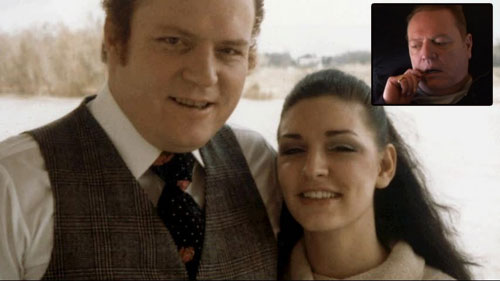

“Which is the greater obscenity—war or pornography?” once asked Larry Flynt, who died today at 78. Well, war, obviously, but Flynt put a lot of people to work in this business giving war a run for its money.
Below is a story from 2008:
“Larry Flynt: The Right to Be Left Alone,” a 2007 documentary by director Joan Brooks-Marks, is a comprehensive account of the First Amendment Patriot side of the Hustler founder and is, in that way, a compelling look at the person who has arguably done the most to frame pornography (and often reckless humiliation in the guise of satire) as a Constitutionally-protected freedom.
It is impossible to watch this movie and not cheer Flynt as he throws oranges at federal judges, calls them motherfuckers and pussies, picks his nose at depositions, and hammers home his right to publish anything in the name of Free Speech protection. It is impossible not to see him as an heroic ornery smartass who had the courage to risk everything, even after an assailant put him in a wheelchair for life, for the purpose of individual liberties.
“If we’re not going to offend anyone,” Flynt says, “there’s no reason for the First Amendment.”
Detailing Hustler crusades to out hypocrisy in government (the magazine’s uncovering of House Speaker-apparent Bob Livingston’s marital infidelities resulted in his resignation) and coups like obtaining footage of the FBI’s sting against car manufacturer/cocaine smuggler John DeLorean, The Right to Be Left Alone repeatedly shows what a big footprint/tire track Flynt has left in the publishing world.
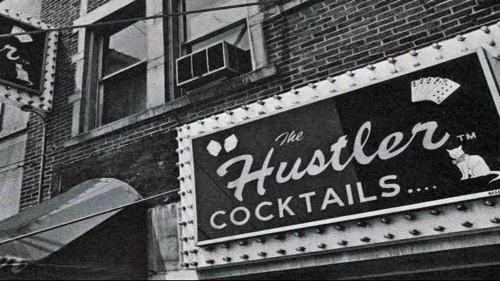
And there is no better physical metaphor for sticking to an ideal than the slowed, measured speech of a man paralyzed in the line of duty juxtaposed with images of a brash, sideburned one-generation-away-from-hillbilly younger Flynt blustering his way through courtrooms and talk shows. Flynt was shot by Joseph Paul Franklin because the latter was sickened to see a black man and white woman together in the pages of Hustler.
(The younger Flynt, in retrospect, looks much more like Vince Vaughn than Woody Harrelson.)
But though the documentary, which debuted on the Independent Film Channel last month after a tour of festivals, takes pains to give time to Flynt detractors like the late Andrea Dworkin and Jerry Falwell, one question I would have liked to see asked was how Flynt would have felt to receive the Hustler Magazine treatment himself.
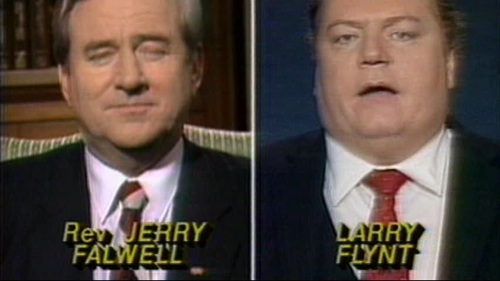
The closest Flynt comes to self doubt in the documentary is when he discusses the controversial Hustler “meat grinder” cover, in which a woman is fed through a meat grinder next to a caption proclaiming that Hustler (contrary to feminist accusations) doesn’t treat women like pieces of meat.
“Even I admitted I was wrong on that one,” Falwell says.
“Moral Majority” leader Falwell sued Flynt in the 80’s when Hustler published a fake Campari ad that had Falwell recounting his first sexual experience in an outhouse with his own mother. A judge originally awarded Falwell $240,000 (“for hurting his feelings,” Flynt says) but the decision was overturned. Later, Flynt and Falwell reconciled.
Flynt points out that today’s generation takes Freedom of Speech for granted. In addition, today’s porn generation also only knows Flynt as a man wheeled out to receive awards at adult conventions while the back half of the room won’t shut up. So it is a pleasure to hear what he has to say up close, even if there is a nagging feeling that “First Amendment Freedoms” was just a convenient umbrella to hide under when someone objected to being depicted as having sex with his mother in a Tennessee outhouse.
In addition to liberal dollops of news footage (featuring the likes of Walter Cronkite, Harry Reasoner, Dan Rather, Tom Brokaw, Tavis Smiley, and John Stewart), The Right to Be Left Alone also examines Flynt’s relationship with his late wife, Althea.
“She was my soulmate,” Flynt says, lauding her intelligence, especially in someone so young. Althea developed a painkiller habit after Larry’s shooting, which evolved into heroin abuse.
“She got the painkillers from me,” Flynt says. “I’d drop her off in rehab and she’d beat me home.” Althea was diagnosed with AIDS in 1983 but never told her husband how she got it. “I think she was sharing needles,” he says.
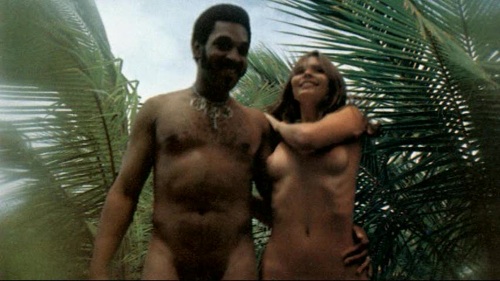
While the doc provides semi-staged interstitial segments of day-to-day life at Hustler (a photo session with longtime photographer Matti Klatt and Puma Swede, an editorial meeting with Hustler editor Bruce David), these seem one-dimensional next to the substantive snapshot of Flynt, and the Althea sequences never backslide into sentimentality.
Still, we can’t help but see whose side the documentary is on. That’s not bad, it’s just not fair and balanced.
Take the case of Hustler’s fight against feminists (which a commenter to the website Manufactured Contempt says achieved the dubious goal of giving more airtime to feminist thought than mainstream media). Should the First Amendment allow, for example, a bounty to be placed on the head of Gloria Steinem even if, as the court said in the Falwell case, that “it was too outrageous to be taken seriously”? Larry Flynt: The Right to Be Left Alone comes close to covering everything.
The title comes from a favored soundbite of Flynt’s (cribbed from a 19th century opinion by Supreme Court Justice Louis Brandeis) about what the greatest thing is that a nation can do for its people. But the only example of Flynt taking his own advice and leaving alone – sort of – a potential target is his decision to not publish nude photos of pawn/Army Private Jessica Lynch, whose rescue from Iraqi captors was staged for cameras.
“If anyone was a victim,” Flynt says, “she was.”
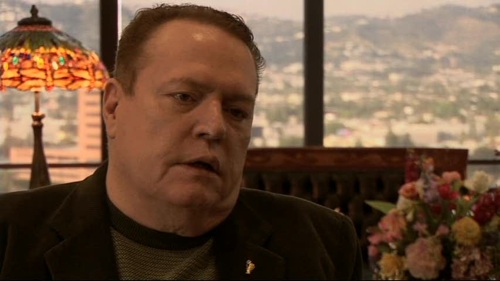
And that Flynt himself is a victim, that he took a bullet, jail time, the loss of a beloved spouse, and continued to doggedly, unapologetically (and, by his own admission, classlessly) fight for his right to be left alone, anyway, is the reason to watch this movie.
Larry Flynt: The Right to Be Left Alone is available on Amazon Prime Video.
Previously: “A fine spray of legitimacy”
See also: Hustler, Manufactured Contempt, Midtown Films

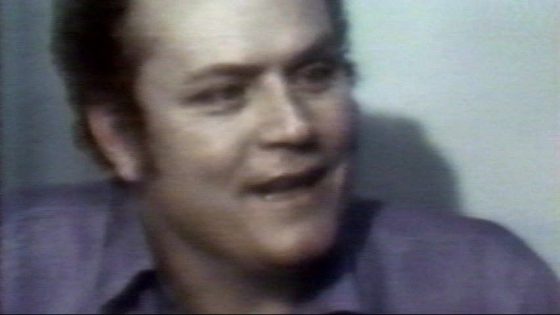
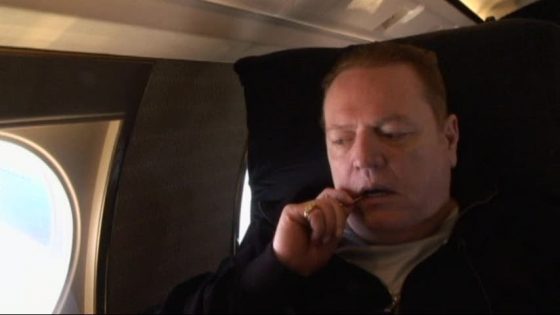
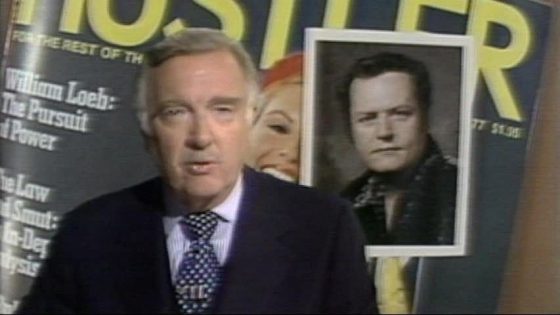
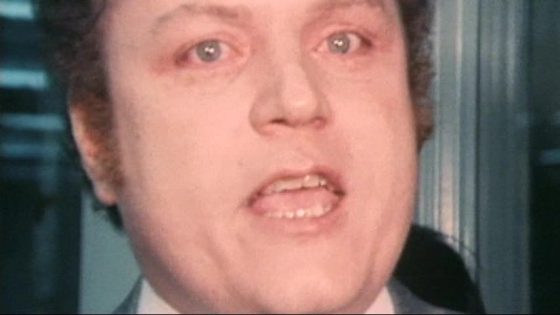

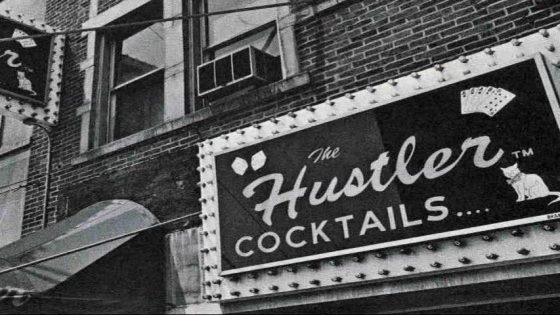
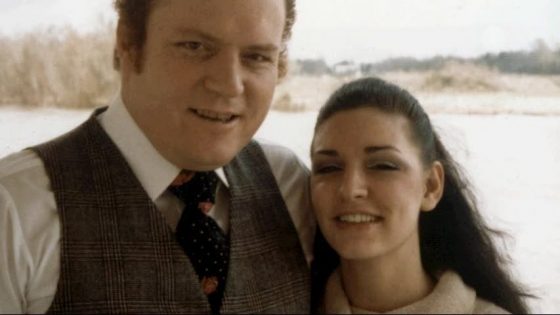

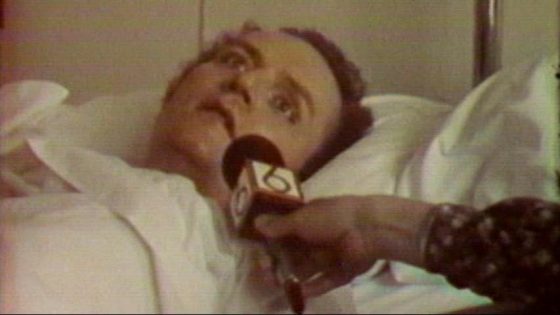
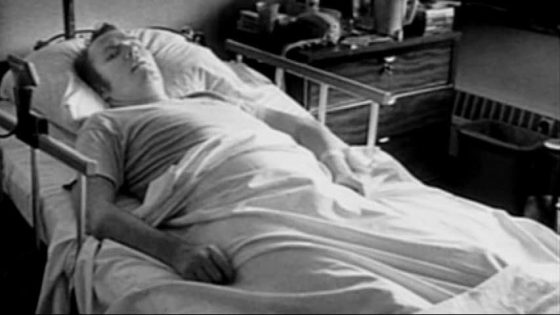
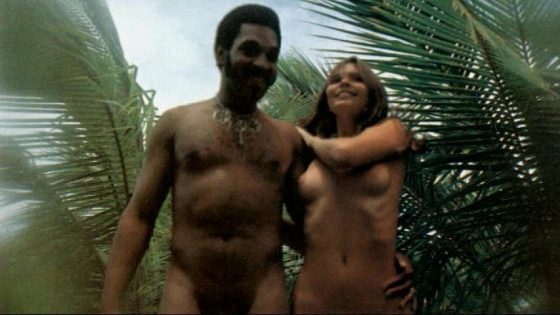
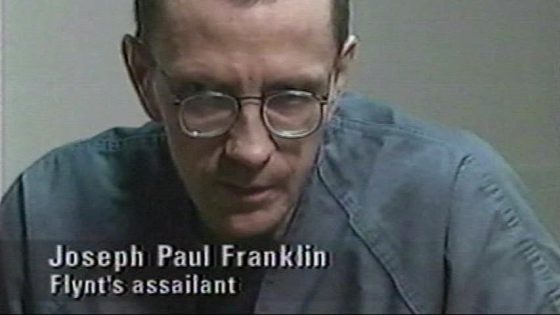
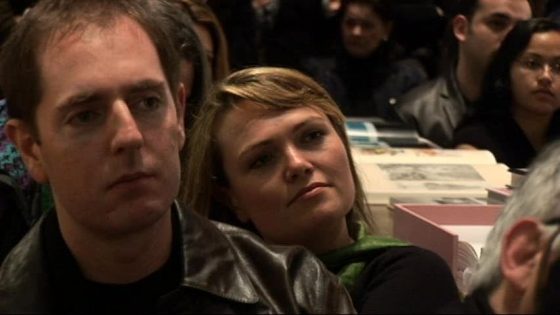
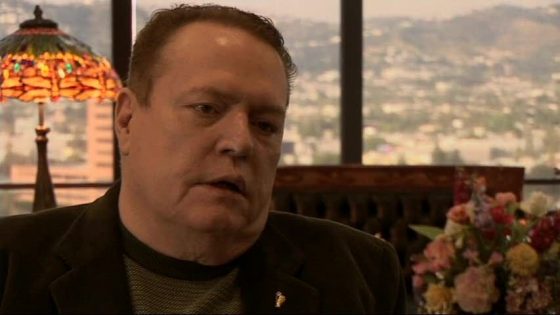
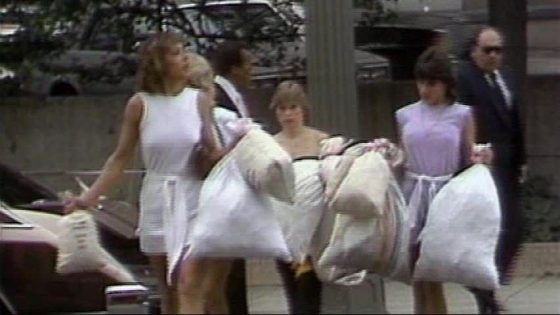


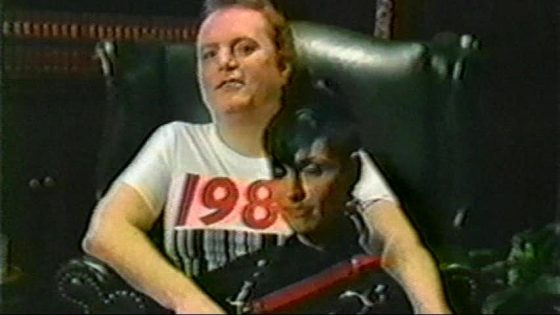
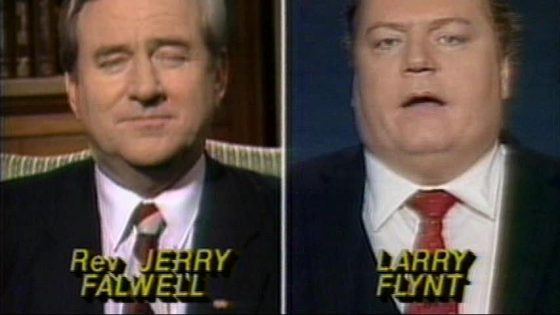
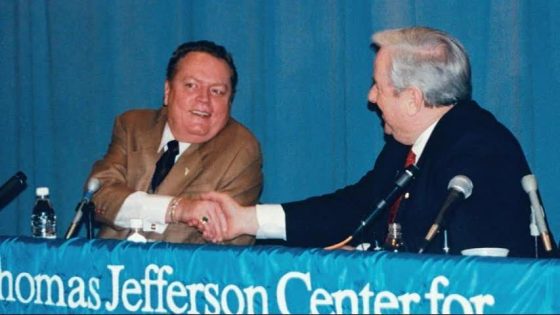

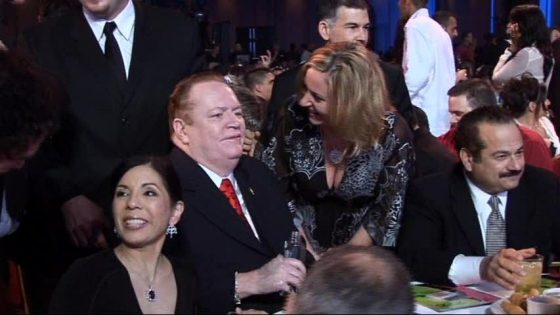
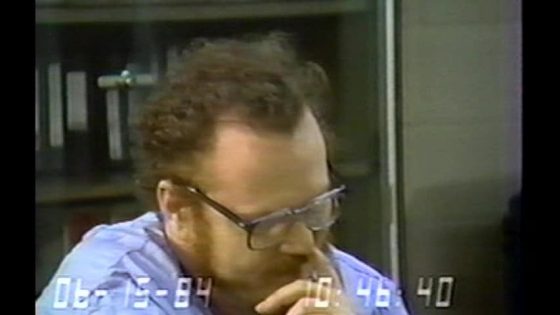
Thanks for the tip on the documentary. I’ll check it out.